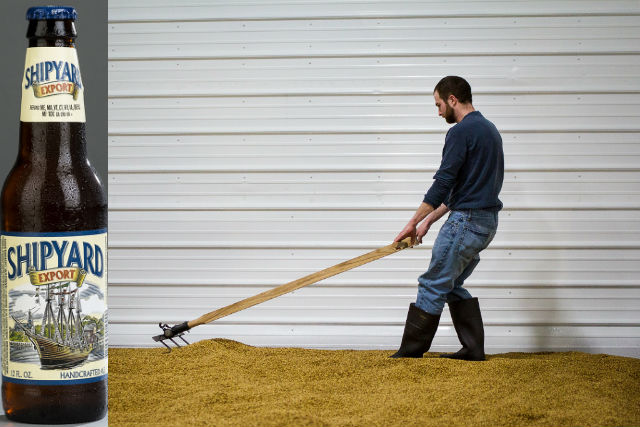
The flagship brand of Shipyard Brewing is getting a bit of Maine Terroir put into it.
The Portland, Maine-based brewery has partnered with Maine Malt House by ordering 30,000 pounds of two-row barley to be used in Shipyard’s Export Ale.
Maine Malt House is the malting arm of the third-generation, family run Buck Farms in Mapleton, Maine. The company grows its Mapleton Pale on a quarter of its 1,000 acres and malts the barley by hand in floor-malt fashion.
“Buying local ingredients creates local jobs and supports local businesses, lowers our transportation and shipping costs, and shrinks our energy use and carbon footprint,” said Shipyard founder Fred Forsley. “It also helps the local and U.S. beer industry flourish and grow.”
Although it cost twice as much to buy, it was worth it the brewery said.
Jacob Buck, Maine Malt House’s co-founder said his family is excited to work with a well-established brewery like Shipyard.
“It gives us a great deal of legitimacy and credibility and will prove to be very beneficial for our business,” he said.”
That important work of making sure Maine Malt’s two-row was consistent and ready to be a part of a flagship brew by Shipyard was done by Buck and his family.
“They are going to great lengths to produce high-quality malted barley for us and other Maine craft beer peers of ours such as Allagash and some of the state’s microbreweries,” said Shipyard spokesman Marty Jones. “It’s a great thing for the state’s beer culture and economy.”
Shipyard Export Ale is a full-bodied beer with a hint of sweetness up front, a subtle and distinctive hop taste, and a very clean finish. It was first brewed in June of 1992 and is available year-round.
“Export is a beer that stands for Maine and our state’s nautical heritage,” said Bruce Forsley, Shipyard’s vice president of sales & marketing. “We think these beer lovers will appreciate the locally grown malt in the beer, and using it allows us to boost our longstanding efforts to support Maine farmers and New England entrepreneurs.”
Shipyard has used the company’s malts for small-batch beers in the past.
“We‘ve been wanting to use Jacob’s malts in one of our packaged beers,” Fred Forsley said. “But we weren’t sure if he could provide us with enough malt to do that.”
Buck says Maine Malt House is in the midst of an expansion that allows his family’s company to seize the opportunity with Shipyard.
“We are working to increase our capacity by 500 percent,” Buck says, “and this arrangement allows us to quickly put that effort to use.”
Such locally produced beer ingredients are an asset to Shipyard and its craft beer peers. “Logistically, Maine brewers are handicapped,” Fred Forsley said. “We’re at the end of the road here and things have to come a long way to get to us. We support companies like Maine Malt House because the more things brewers can get locally, the more efficient we can all be. That support also helps to create more local companies and jobs.”


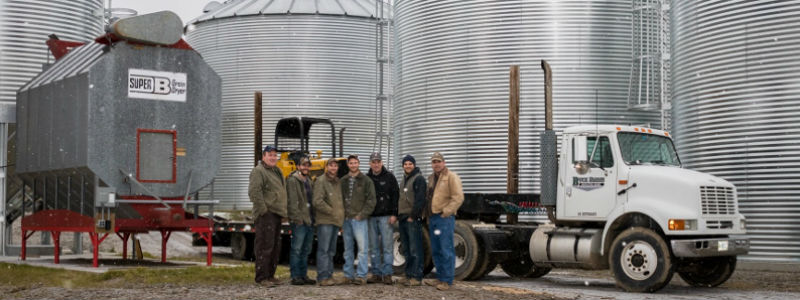

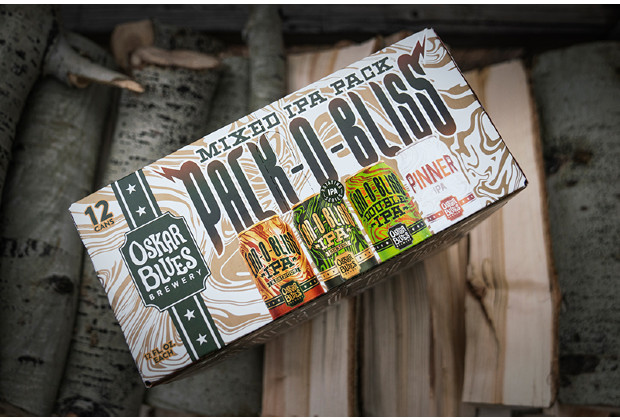
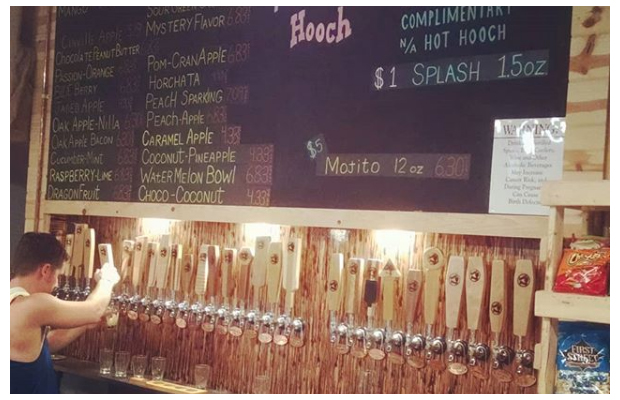
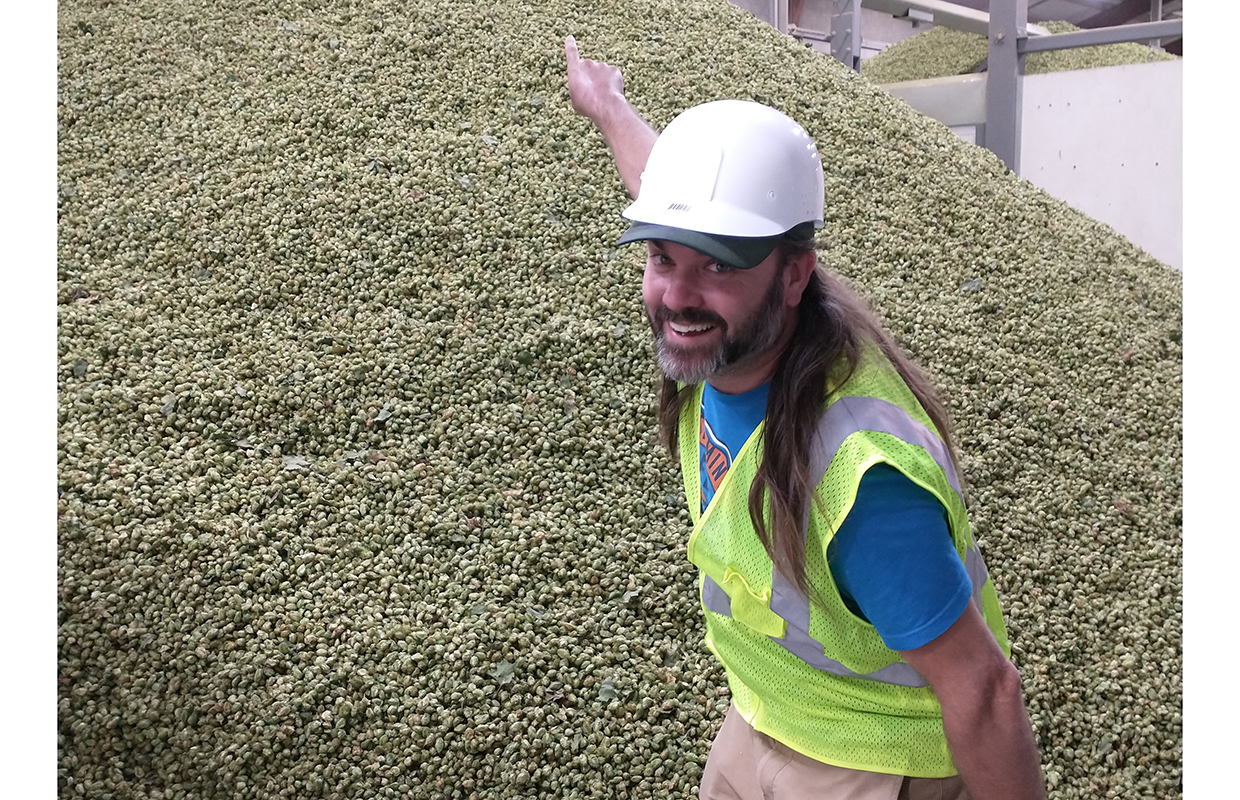
1 Trackback / Pingback